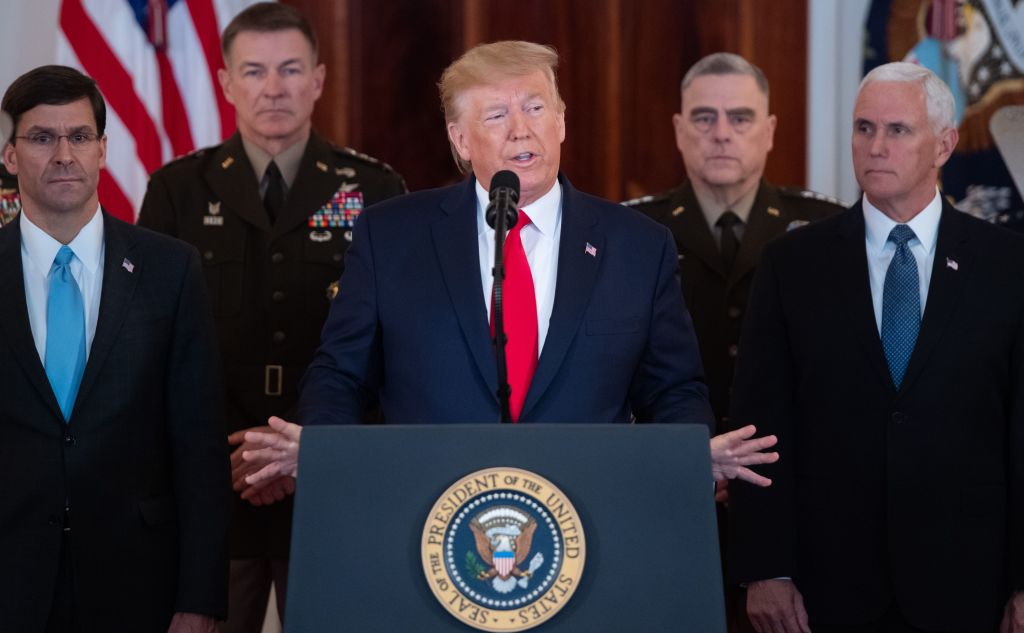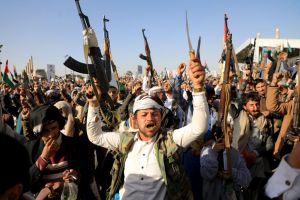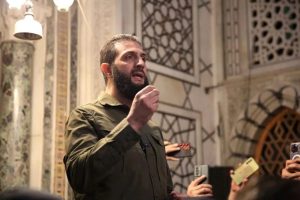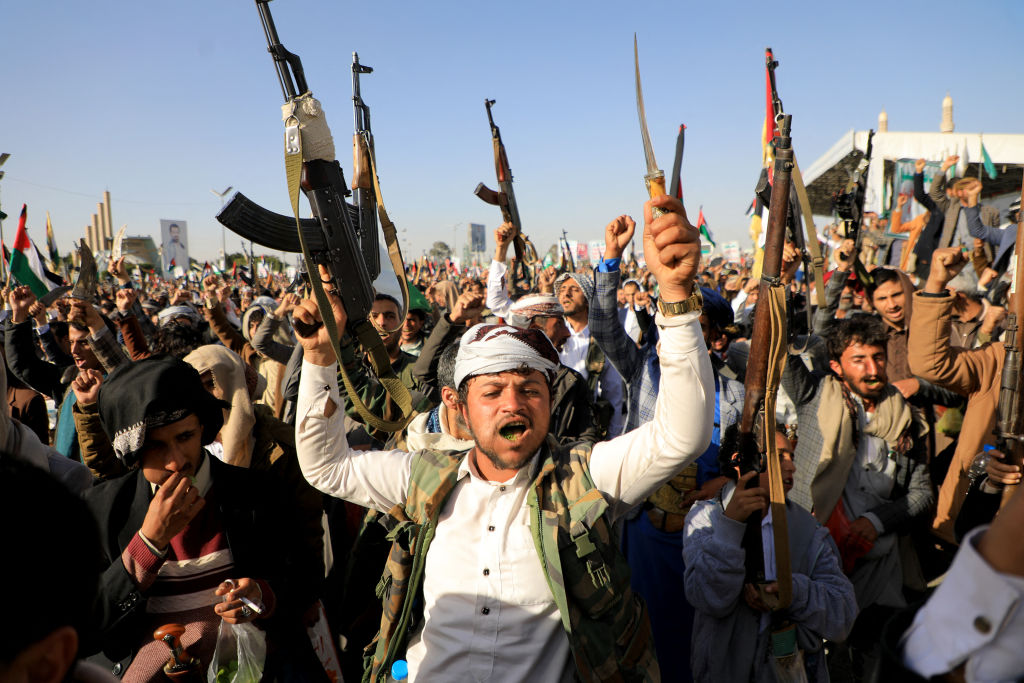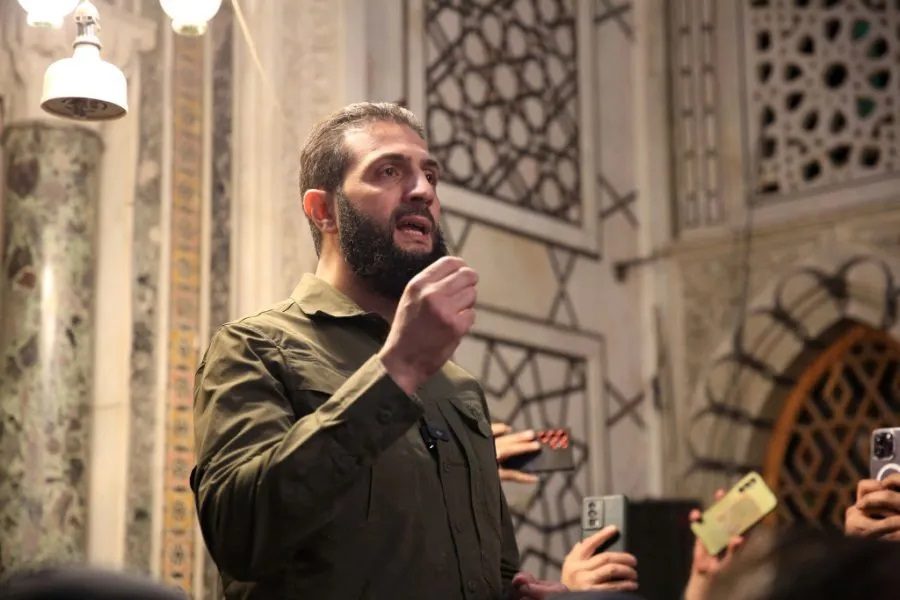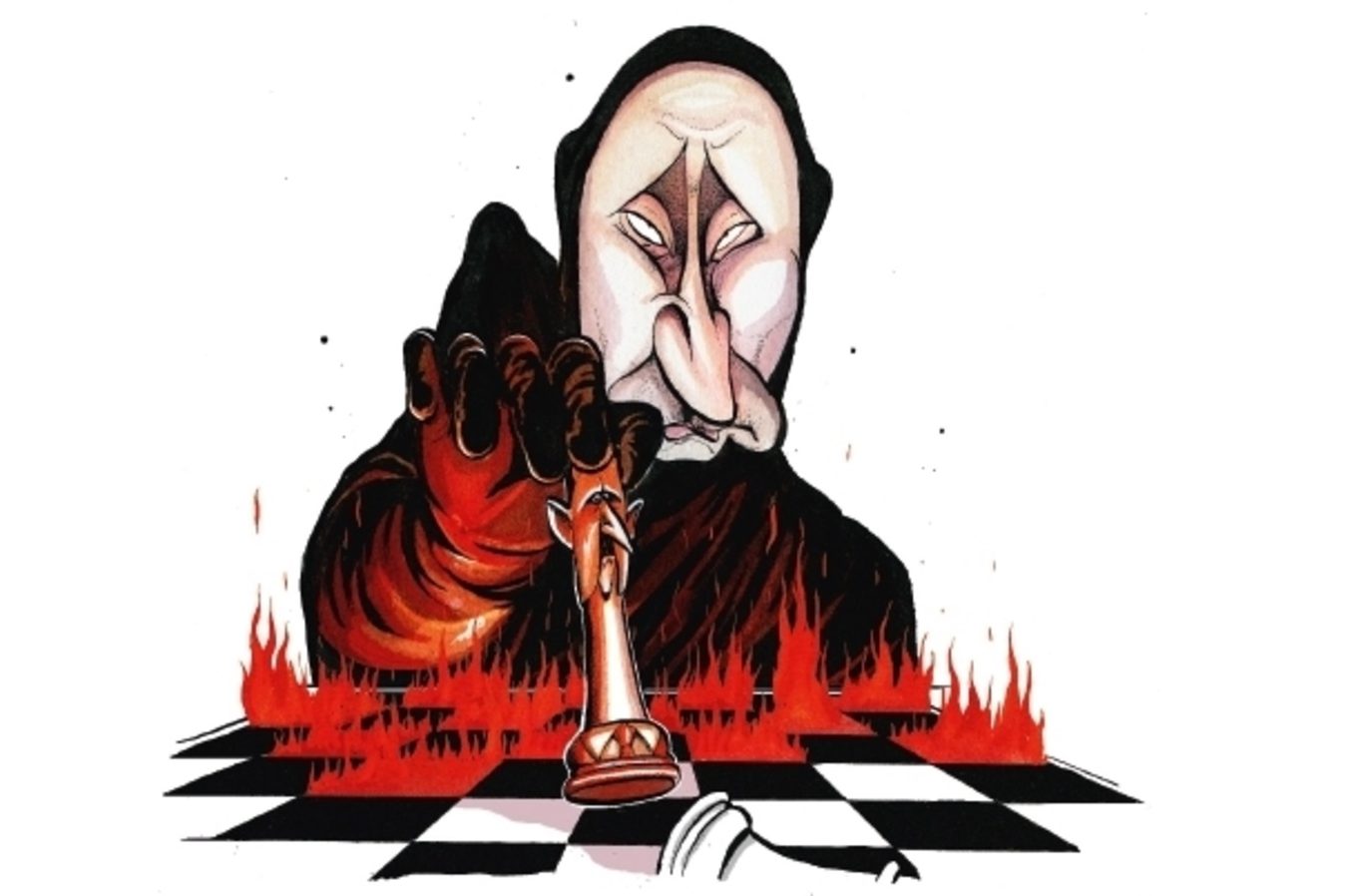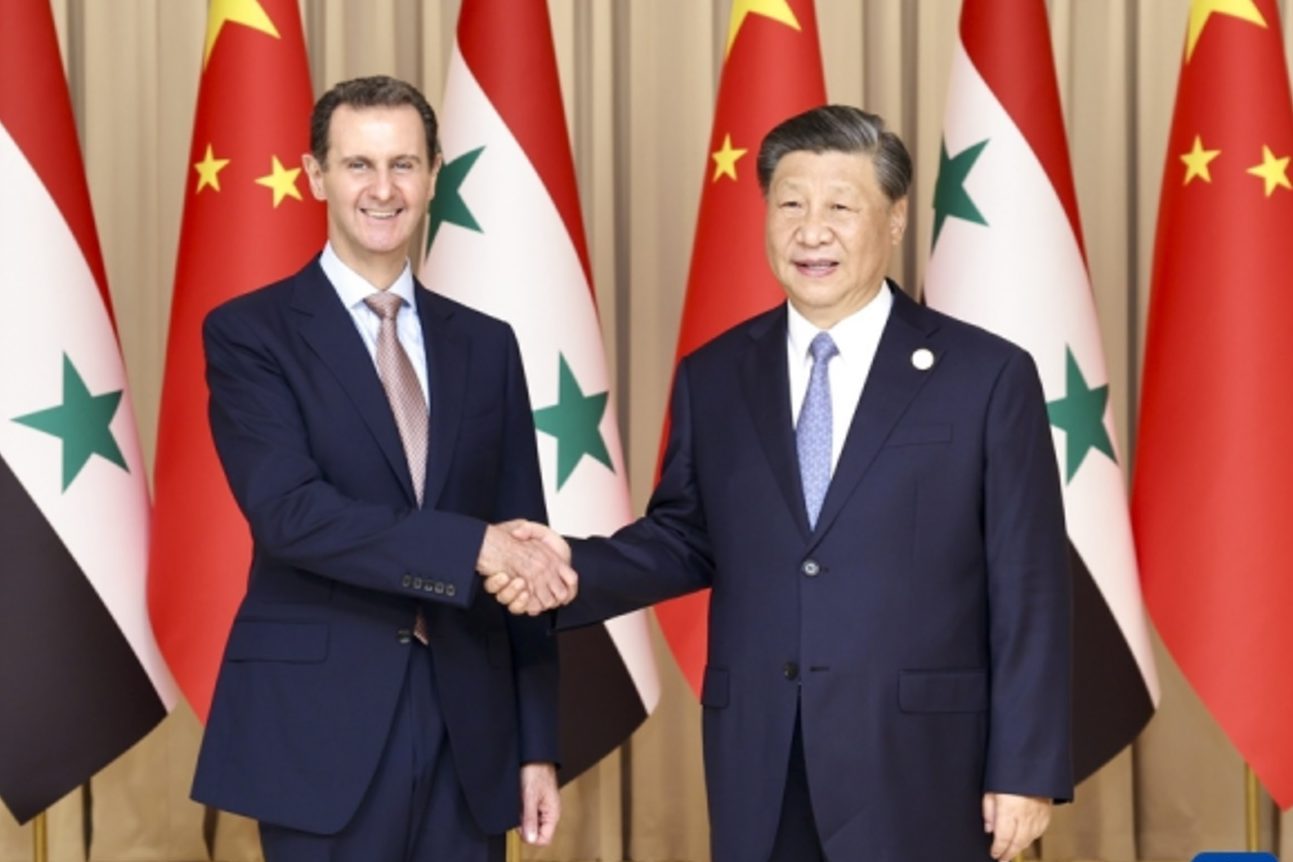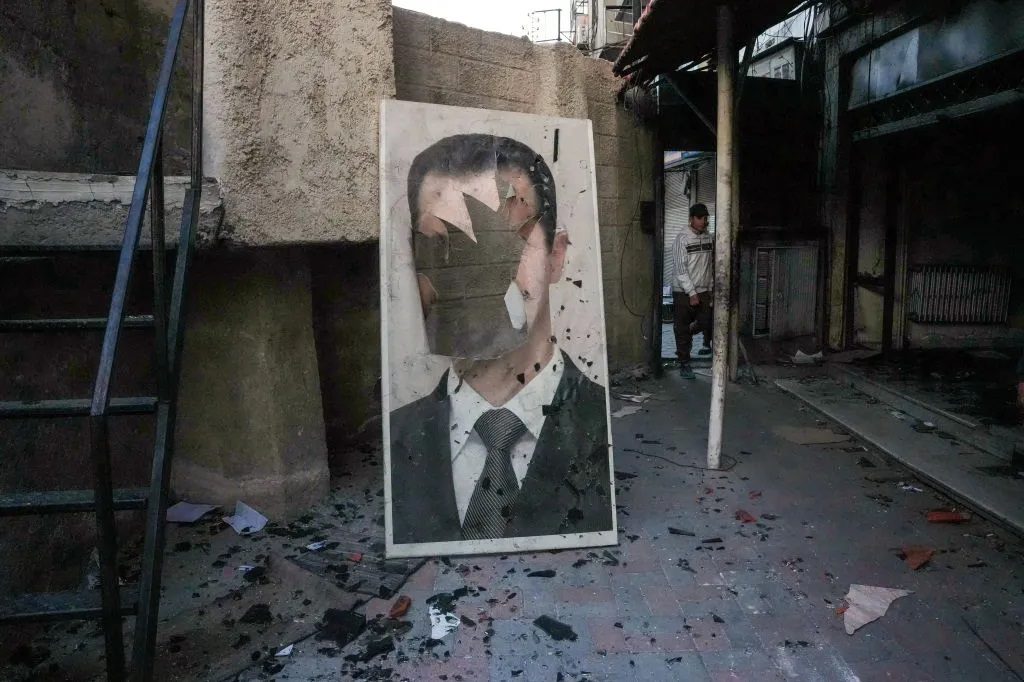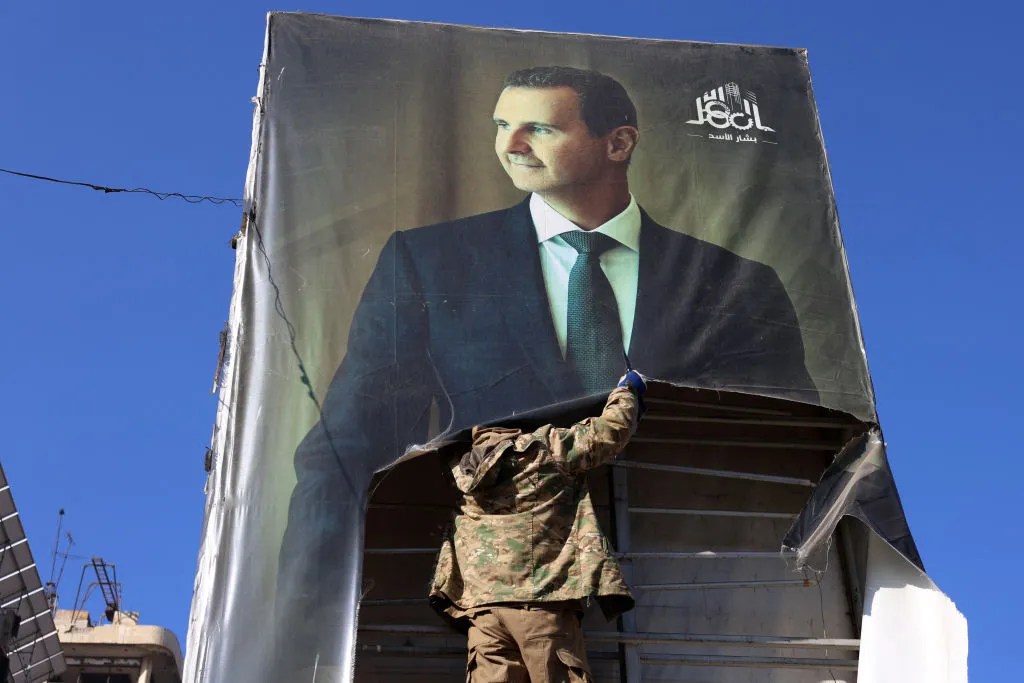The news that Iran’s top nuclear scientist, Mohsen ‘father of the bomb’ Fakhrizadeh-Mahabadi, met his end in a hail of bullets near Tehran today comes as no surprise. As with so many things these past four years, this is all about Trump.
Whoever carried out the hit, it is all but certain that Trump gave it the nod. Once again, he is trying to put a stamp on the Middle East that Biden will find difficult to scrub out. His actions would hardly be without precedent; Obama, Clinton and Reagan all made last-gasp moves in the region to shape it in their image. But none of these Presidents were anywhere near as belligerent or pro-Israel.
First there was intense speculation that Trump was building up to a last-minute attack on Iran. It lasted for a news cycle, but never transpired. It may be that he opted to give the nod to an assassination instead. Then the US special representative on Iran, Elliott Abrams, met the Israeli prime minister earlier this month to discuss a laundry list of new sanctions to be slapped on Iran. And during Mike Pompeo’s whistle-stop tour of the Middle East, he became the first secretary of state to visit a West Bank settlement — and convened a secret summit in Saudi Arabia with Benjamin Netanyahu.
Trump has always made as many enemies as friends. Some would say more so. But when it comes to the Middle East, even people who naturally dislike him confess a sense of dread at the impending Biden years.
I count myself among them. To understand why, let’s rewind to the summer of 2016, when the Syrian war was at its height.
One afternoon, while I was on a story in Paris, I received a phone call from an Iranian dissident who wanted to pass me details of a covert Revolutionary Guards’ headquarters in Damascus. Codenamed the Glasshouse, the five-story building was described as the nerve center from which Tehran’s military chiefs controlled tens of thousands of Iranian troops and mercenaries from Iraq, Afghanistan and Pakistan.
The former hotel, located near the airport, housed intelligence and counterintelligence departments, a foreign militia command, a propaganda unit and a medical clinic. There were also subterranean vaults holding millions of dollars in cash, flown in regularly from Tehran to a nearby airstrip codenamed ‘Muhammad Ali’.
As I checked the claims with intelligence sources, it became clear that the Glasshouse spoke volumes about the theocracy’s swaggering assertiveness.
At the time, Iran was riding high. Flush with sanctions dollars released by Obama’s nuclear deal, its troops and proxies were crawling all over Syria. The beleaguered Assad had been reduced to a state of dependency, deferring to Revolutionary Guard commanders on strategic and operational decisions.
Tehran’s muscle had been instrumental in winning a string of victories, including the decisive battle in Aleppo, after which the Ayatollah’s boastful chief military aide had warned Trump to ‘take heed of the powers of Iran’.
The Glasshouse, with its elaborate network of overt and covert command capabilities, was a symbol of this sense of ascendency. For Iran, the future looked bright.
And so to Tel Aviv. At a military briefing I attended at the time at the Israel Defense Force headquarters downtown, the mood was somber. The Iranians, sworn to the destruction of the Jewish state, had become deeply embedded in Syria, officials said, and were maneuvering towards the border with Israel.
Tehran had already succeeded in opening a ‘land bridge’ to Lebanon to ferry arms to Hezbollah, Israel’s deadliest terrorist foe. The Ayatollah’s operatives were busy laying down roots in the country, setting up civil support groups to win hearts and minds, and trying to lay the groundwork for a grassroots militia based on the Hezbollah model.
Meanwhile, in countries like Iraq, Iranian proxies were building up missile emplacements that could mount a wraparound bombardment of the Jewish state.
In an audacious display of confidence, the Revolutionary Guards’ foremost Machiavel, Major General Qasem Soleimani, had even posed for selfies in southern Syria. The Israelis did little to disguise their unease.
The Israeli briefing took place at ‘the Kirya’, a monolithic tower in the centre of an urban military campus which houses both the General Staff and Ministry of Defense. The words ‘Gotham’ and ‘City’ come to mind. The tower is built around a vast steel cylinder topped with a circular helipad, and resembles a monstrous drain plunger stood on end.
Around this stands an angular, steel-and-glass structure containing various offices and situation rooms, with endless zigzagging staircases used by alarmingly young soldiers holding good-natured but hushed conversations.
This symbol of Israeli military might — built on the site of an old British Mandate base where German prisoners were held during the War — is as overt as the Glasshouse was covert. In 2012, the IDF acknowledged that the facility could be targeted by enemy missiles. Come on then, it seemed to say.
It is at the Kirya that military planners have been directing Israel’s ‘Campaigns Between Wars’ strategy. This doctrine involves the constant erosion of the enemy via precision airstrikes, targeted assassinations and special forces operations.
The goal is to deploy small enough attacks to avoid tipping the region into all-out conflict — while at the same time degrading the enemy as an insurance policy against future wars.
Last winter, as part of this attritional campaign, analysts at the Kirya concluded that the time had come to do something about the Glasshouse. Such a sensitive operation had to be carefully calibrated. A total obliteration of so many high-ranking officers along with their secret infrastructure would provoke a furious response. But Tehran needed to be encouraged to start thinking twice.
The raid took place on November 19. Twenty targets were bombed, including munitions depots and bases belonging to Iran’s Quds Force, the wing of the Revolutionary Guards responsible for clandestine foreign adventures.
The Glasshouse was the central target. So precise was Israeli intelligence that most of the building was allowed to remain intact, with just the top two floors of the southern corner — the exact location of the Quds Force command center — destroyed.
An intelligence source told me that the strike was ordered because of its ‘relevant operational activity to the Quds Force in Syria’. In other words, it was designed to deliver that message. No more, no less.
The bombing of the Glasshouse, only three years after the battle of Aleppo, sealed Tehran’s swing from hubris to nemesis. By that time, persistent Israeli strikes had made the south perilous for the Ayatollah’s men.
All over Syria, Iranian troops had been reduced to playing defense. In the latest round of fighting in Idlib, they did not step in until the dénouement — a far cry from the theocracy’s Syrian glory days.
The biggest cause of this decline was Donald Trump. In 2018, he withdrew unilaterally from the JCPOA nuclear deal, then imposed draconian sanctions that crippled the theocracy’s economy.
Magnified by the pandemic, the impact has been profound. These days, even pro-regime Iranians are uncomfortable about sacrificing so much blood and treasure for the sake of meddling in distant lands.
The Trump administration has left Iran weaker than at any time in recent memory. The sanctions alone would have been harsh enough, but they formed part of a broader ‘maximum pressure’ strategy.
In January, the selfie-loving Soleimani was killed by an American missile in Iraq. And following US-brokered peace deals between Israel, the United Arab Emirates and Bahrain, the anti-Tehran alliance is more solid than ever.
One suspects that in his quieter moments, the Ayatollah’s military aide regrets telling Trump in 2016 to ‘take heed of the powers of Iran’.
The question that is troubling the region today is simple: What will Biden do? As the heir to Obama, he is bound to resuscitate his signature JCPOA nuclear deal, which Trump tore up so gratuitously.
Writing for CNN in September, the President-elect argued that Iran had become more dangerous during the Trump years, reducing its ‘breakout time’ to a bomb to just months. In addition, he claimed, Tehran’s proxies had grown less tame, regularly attacking US forces in the region. He pledged to revive the JCPOA, so long as Iran ‘returns to strict compliance’.
But Obama’s deal was deeply flawed. It may have made the Iranians pause their nuclear weapon program, but did not require them to abandon the ability to fire it up again.
Iranian claims that their intentions were peaceful went unchallenged, despite evidence to the contrary (why would a civilian project need to enrich uranium? Why the illicit facilities at Natanz and Arak?).
Given the number of times Iran has been caught lying since it started pursuing the bomb in the nineties, and given its long history of profound duplicity, manipulation and belligerence, the JCPOA seemed dangerously naive.
Perhaps more egregiously, the deal was so focused on the nuclear threat that it failed to adequately address Iran’s mischief-making across the region — and ended up fuelling it.
The theocracy had only come to the negotiating table in the first place because of sustained economic punishment. But under the JCPOA, sanctions on petrochemicals, gold and other precious metals were lifted, and $4 billion in frozen oil revenue was released. Which directly led to the Glasshouse years.
There are fears that if Biden makes good on his promise to reopen Obama’s deal, the flood of fresh cash could give Iranian adventurism another unwelcome boost.
The President-elect has only vaguely addressed this point. ‘We will continue to push back against Iran’s destabilizing activities, which threaten our friends and partners in the region,’ he wrote in September.
‘We will continue to use targeted sanctions against Iran’s human rights abuses, its support for terrorism and ballistic missile program.’
In other words, he proposes closing the checkbook with one hand while handing over billions of nuclear dollars with the other.
The sense of softness is heightened by the fact that Antony Blinken, Biden’s pick for Secretary of State, argued against designating the Revolutionary Guards a foreign terrorist organization in 2017.
The 78-year-old President-elect may recall that in the open-air space at the centre of the Pentagon, there used to stand a cream-colored wooden hut. Legend has it that during the Cold War, Soviet spy satellite operators couldn’t understand why the US top brass met there at the same time each day. But this was no secret briefing room. It was a hot dog outlet.
The joint was nicknamed Café Ground Zero, for as it was located at the very heart of the Pentagon, it would be obliterated immediately in any nuclear strike. It was closed in 2006. But the threat of nuclear war retains its place at the center of the American psyche. Biden, nothing if not a legacy beast, exemplifies this more than anyone.
[special_offer]
Recent years have demonstrated that the drive for the bomb is only part of the danger posed by Iran.
Israeli commanders on the 14th floor of the Kirya know this, as they pore over screens to pinpoint their next target in the Campaigns Between Wars. And the Ayatollah certainly knows this. Anti-US hawks are expected to triumph in the upcoming Iranian election, and their eyes are fixed firmly on Washington.
What concessions can they wring out of Biden in return for reviving the deal? Compensation for Trump’s sanctions maybe? Will they be able to keep the nuclear option open as before? And is it too early to start renovating the Glasshouse?
This article was originally published on The Spectator’s UK website.



